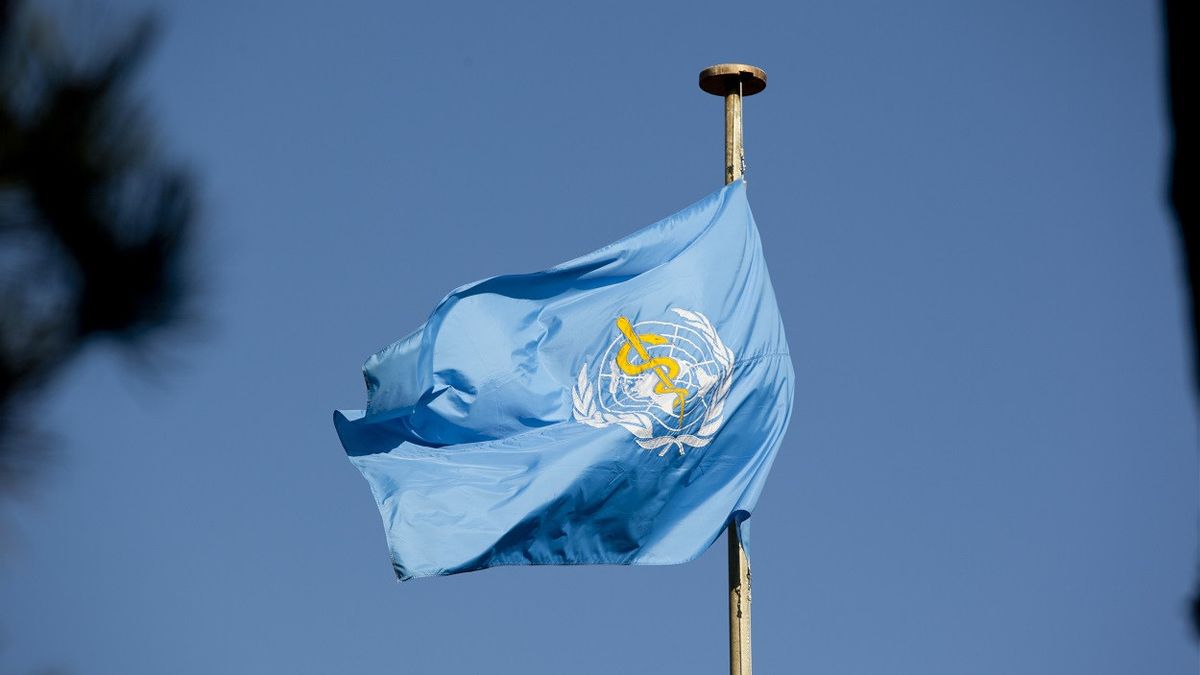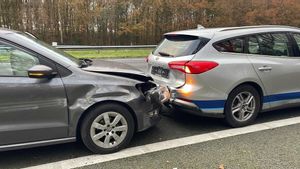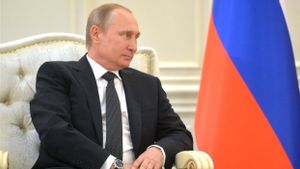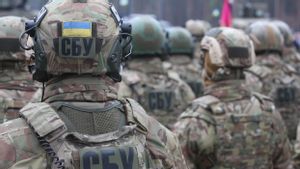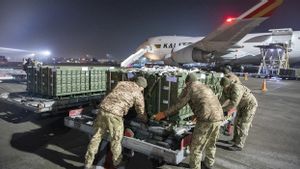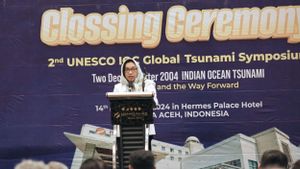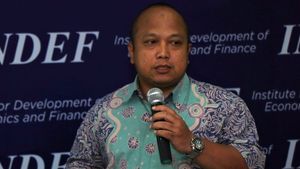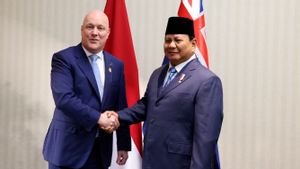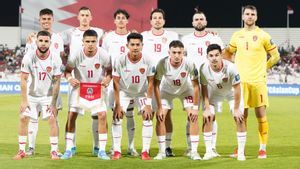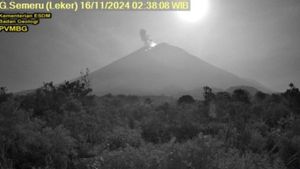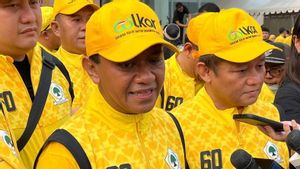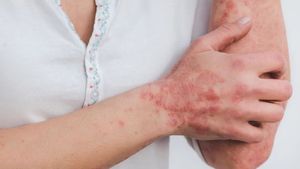JAKARTA - The World Health Organization (WHO) on Friday classified the variant B.1.1529 detected in South Africa as the "variant of concern" of SARS-CoV-2, saying it may be spreading more rapidly than other forms.
Preliminary evidence suggests there is an increased risk of reinfection and there is an "adverse change in the epidemiology of COVID-19", the WHO said in a statement after a closed-door meeting of independent experts who reviewed the data.
Infections in South Africa have risen sharply in recent weeks, coinciding with the detection of the variant now designated as Omicron, the WHO said.
"This variant has a large number of mutations, some of which are worrisome. Preliminary evidence suggests an increased risk of reinfection with this variant, compared to the others (variants of concern)", WHO explained, citing The Jerusalem Post November 27.
The Omicron is the fifth variant to carry such a designation.
"This variant has been detected at a faster rate than the previous spike in infections, suggesting that this variant may have a growth advantage", the WHO said.
Current PCR tests continue to successfully detect the variant, he said.
Earlier, the WHO warned countries against rushing to impose travel restrictions related to the COVID-19 variant, saying they should take a "risk-based and scientific approach."
Global authorities have reacted warily to a new variant detected in South Africa, with the European Union and the UK among those tightening border controls as scientists try to find out if the mutation is vaccine-resistant.
"At this point, the adoption of travel measures is being cautioned", WHO spokesman, Christian Lindmeier, told a UN briefing in Geneva.
"WHO recommends that countries continue to adopt a scientific, risk-based approach when implementing travel measures."
It will take several weeks to determine the transmission of the variant and the effectiveness of the vaccine and therapy against it, he said, noting that 100 variant sequences have been reported so far.
People should continue to wear masks whenever possible, avoid large gatherings, ventilate rooms and maintain hand hygiene, Lindmeier added.
SEE ALSO:
Meanwhile, Mike Ryan, WHO's emergency director, praised South Africa's public health agency for picking up signals of the new variant.
But he warned, while some countries have systems in place to do this, the situation elsewhere is often unclear.
"So it's very important that there is no spontaneous response here. Especially about South Africa. Because we have seen in the past, once there is mention of any kind of variation, then everyone closes the border and restricts travel", Ryan explained.
The English, Chinese, Japanese, Arabic, and French versions are automatically generated by the AI. So there may still be inaccuracies in translating, please always see Indonesian as our main language. (system supported by DigitalSiber.id)
